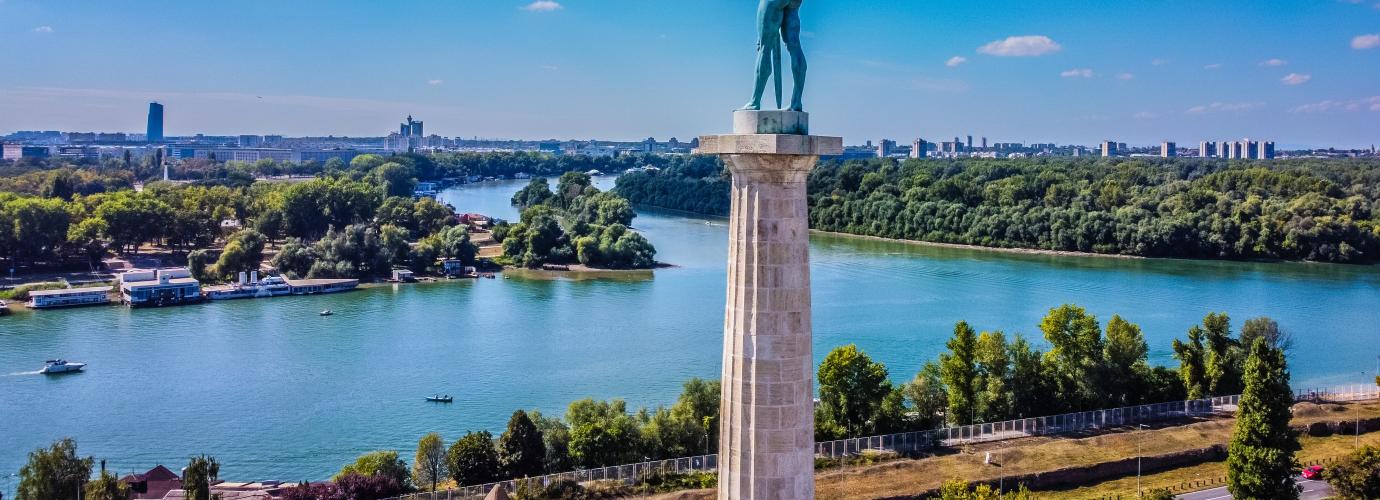2024
In the beginning of 2024 the Serbian National Entity for Accreditation and Quality Assurance in Higher Education (NEAQA) went through the preliminary application for accreditation to World Federation of Medical Education (WFME) and it was found as eligible, after which an agreement was reached to begin submitting the main application. This process will provide the application to the Educational Commission for Foreign Medical Graduates (ECFMG) and access to different opportunities for further training and a career abroad to graduates.
During the 2024, NEAQA will conclude an agreement on cooperation with medical faculties in Serbia and proceed with the main application. According to the procedure and standards of the WFME, a medical faculty must start the accreditation procedure of the study programme of integrated academic studies in medicine, where the WFME, through a team of experts, supervises the procedure itself.
2023
In 2023 the Serbian National Entity for Accreditation and Quality Assurance in Higher Education (NEAQA) became a full member of the International Network for Quality Assurance Agencies in Higher Education (INQAAHE) which main purpose is to promote and advance excellence in higher education through the support of an active international community of quality assurance agencies. The network focuses on the development of the theory and practice of quality assurance, the exchange and understanding of the policies and actions of its members, and the promotion of quality assurance for the benefit of higher education, institutions, students, and society at large.
National Entity for Accreditation and Quality Assurance in Higher Education (NEAQA) is a national independent body responsible for performing the accreditation tasks, the assessment of quality of higher education institutions and their units, evaluation of study programmes and quality assurance in higher education. The aim of NEAQA is to improve higher education in Serbia by ensuring its compliance with internationally recognized standards for accreditation and quality assurance, as well as to raise the training level of reviewers and to ensure their independence and their professional and ethical behavior in the process of accreditation and quality assurance.
NEAQA was established in 2018 by the Government of the Republic of Serbia, in accordance with the Law on Higher Education.
2022
There have been no reforms up to date in this area.

